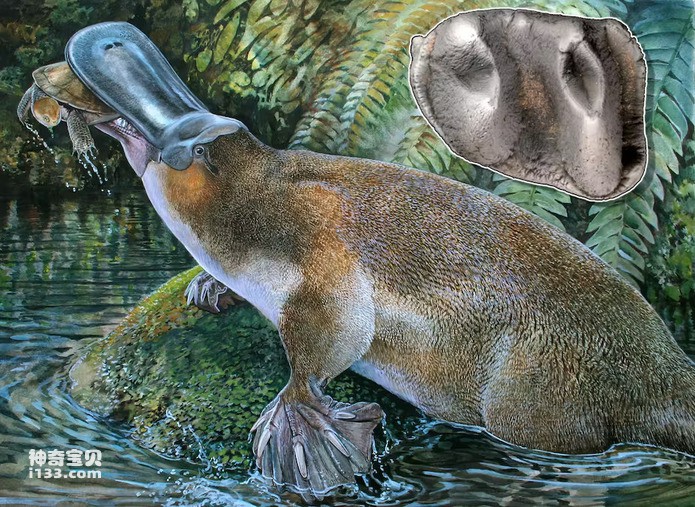The platypus is a special and unique mammal that lives in Australia and Tasmania. The following is a detailed introduction to the habits of the platypus:

Exterior:
The platypus has a unique appearance, with a flat, duck-billed bill, a flat head, and a body covered with thick aquatic hairs.
Limbs:
Their claw-like limbs are suitable for digging in the water and swimming.
Habitat:
The platypus mainly inhabits rivers, lakes and swamps in Australia, and likes to live in clear freshwater environments.
Nocturnal:
Platypuses are generally nocturnal, resting in their nests for most of the day and active at night in search of food.
feeding habits:
The platypus is a semi-aquatic animal that feeds on aquatic insects, crustaceans, worms and small fish, using its special mouth to capture food.
Reproduction:
The platypus is an oviparous mammal, with the female digging a nest underground and laying her eggs. The female feeds her young through the folds of skin on her abdomen rather than through suckling.
Electrical sensing ability:
The platypus has electroreceptive organs that can detect weak electric fields around other organisms to help capture prey.
Protected status:
The platypus faces a certain degree of threat due to threats such as habitat loss, environmental damage and illegal hunting. They are listed as an endangered species and are protected.
Unique characteristics of mammals:
The platypus is one of the few mammals that lays eggs and combines several characteristics with other animals to make it a special being in nature.
Overall, the platypus is a very special and unique mammal with many unique biological characteristics. They play an important role in the balance of ecosystems and are a species of concern and conservation in Australia.
animal tags: duckbill
We created this article in conjunction with AI technology, then made sure it was fact-checked and edited by a Animals Top editor.